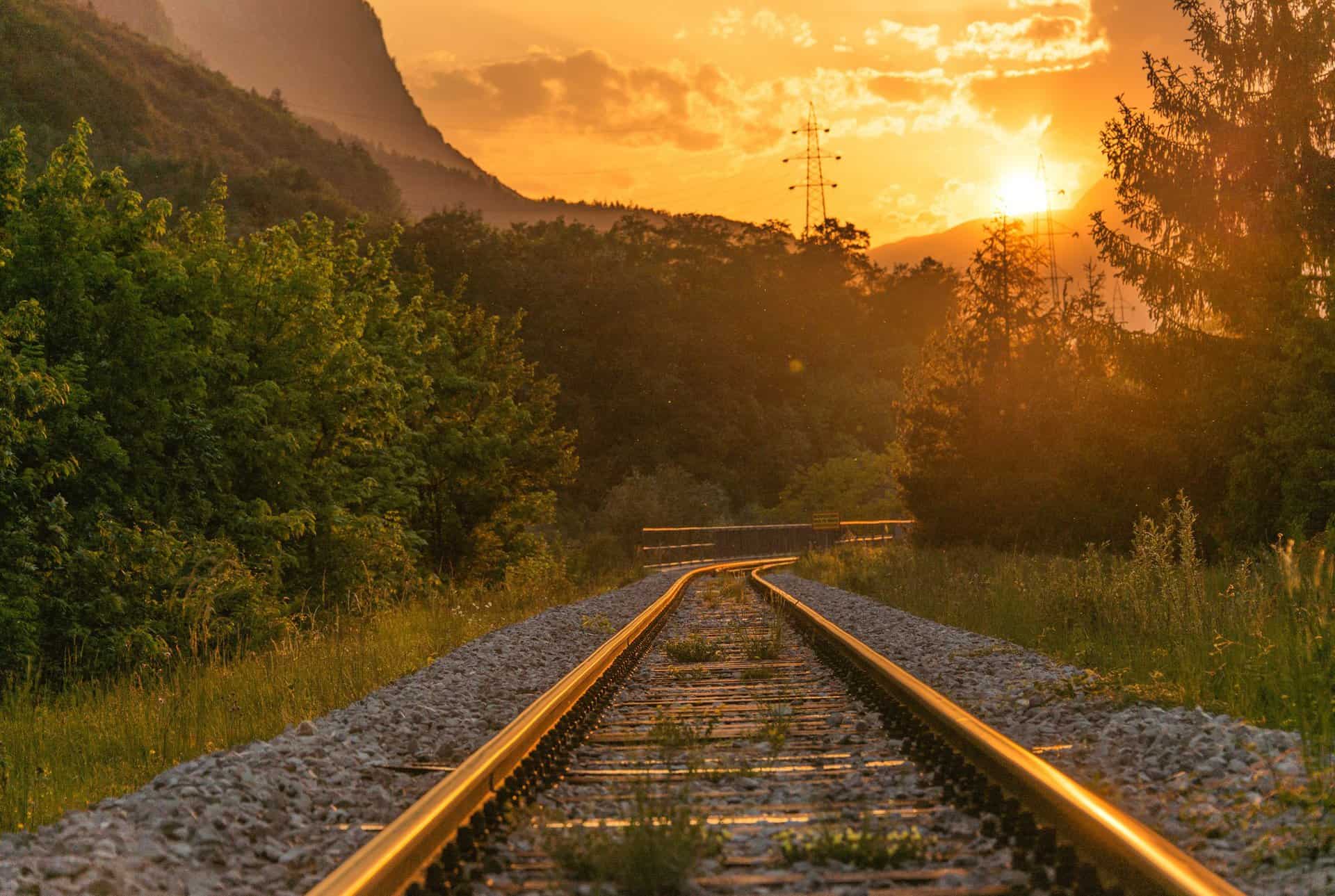We have an important relationship, one that we probably think more about than any other relationship – and that relationship involves risk. Risk is constantly on our minds and informs our everyday decision-making.
“If I buy that motorcycle, what is the risk my wife makes me sleep on the couch tonight?” When we weigh actions with consequences, we are assessing risk. You probably don’t think about it a lot, but risk explains a lot about many decisions you have made and continue to make in your life.
Risk is the reason why you:
- Have the job that you have or own the business that you do.
- Drive the way that you do.
- Send your kids to the school that you do.
- Live in the neighborhood that you do.
- Do or don’t own a gun.
- Stay indoors during thunderstorms.
Most of us have healthy relationships with risk. In other words, we make reasonable judgment calls based on risk. For example, most of us don’t drive the speed limit, but I’m guessing that most of us won’t push driving above the limit to the point of risking a big-ticket or causing an accident.
While most of us have a healthy relationship with risk, some of us have an irrational one…
- How many of us avoid walking under a ladder or treat mirrors with extra care because we don’t want to risk bad luck?
- Why do some hotels not have a 13th floor?
It’s because of irrational fears and an unhealthy relationship with risk. It’s called superstition.
Superstitions are shaped by centuries-old cultural and societal biases that are passed down from generation to generation. It creates a distorted perception of risk and makes us do irrational things like avoiding walking under ladders or staying on the 13th floor of a hotel.
In the world of investments, societal biases also inform our decision-making – often distorting our risk perception.
From an early age, we are indoctrinated by the “system” to play it safe. The message from schools, Corporate America, and the government is to stick with what works – to play it safe. Go to school, get a degree, get a good job, and save for retirement with a 401(k).
With investments, the world revolves around Wall Street. It’s “safe.” Everyone’s doing it. How can it be bad? It’s stitched into our cultural and societal fabric.
The machine wants us to believe there’s nothing outside the walls of Wall Street worth exploring. You’ll get hurt. If you stick to the system – the one instilled by schools, Corporate America, and the government – you’ll be safe. It’s you stick with the system, you’ll have a hard time investing in anything else.
Nobody wants to believe it, but Wall Street is the nanny state of investments. It wants you to depend on it and nothing else.
It tries to take investing decisions out of your hands to make it easy. It makes things as automatic as possible with autopilot options like 401(k) ‘s and financial planners and advisors.
Here’s what Wall Street doesn’t want you to know:
There are investments outside of Wall Street that perform better than stocks and bonds and often with less risk.
How’s that possible? You’ve always been taught that if you want better returns, you have to take bigger risks. Right? Wrong.
To discover the world of alternative investments, the biggest risk you will have to take is to break away from the machine and rethink everything you think you know about risk. In my personal experience, it’s only when I decided to take that risk – what society equated to jumping off a cliff – it was only then that I could enjoy greater rewards.
With investing, when it comes to risk, the risk is often subjective – depending on who you’re asking.
If you ask a financial advisor or Dave Ramsey about real estate, they would suggest it’s high risk – lumping it in with all other alternative investments. It’s because they want you to stick to the system. Even Warren Buffett says most investors should stick to index funds. It’s the safe thing to do.
Savvy investors know better. Those who have dared to break through the walls have not only discovered investments that pay better than Wall Street, but they have also found that in the right hands, these investments are also lower risk than stocks.
Ask real estate developers, private fund managers, and entrepreneurs – anyone who took a chance and severed ties with Wall Street – and they’ll tell you the real risk isn’t with leaving Wall Street but with staying with it and continuing to rely on it.
How can you know whether life is better outside the walls of Wall Street? Ask the survivors. Talk with investors who have experience with real estate and other alternative investments.
You won’t know until you take the first step and rethink your relationship with risk. Ignore all the mainstream has taught you.
When it comes to risk, make your determination. Talk to people who have been there.











